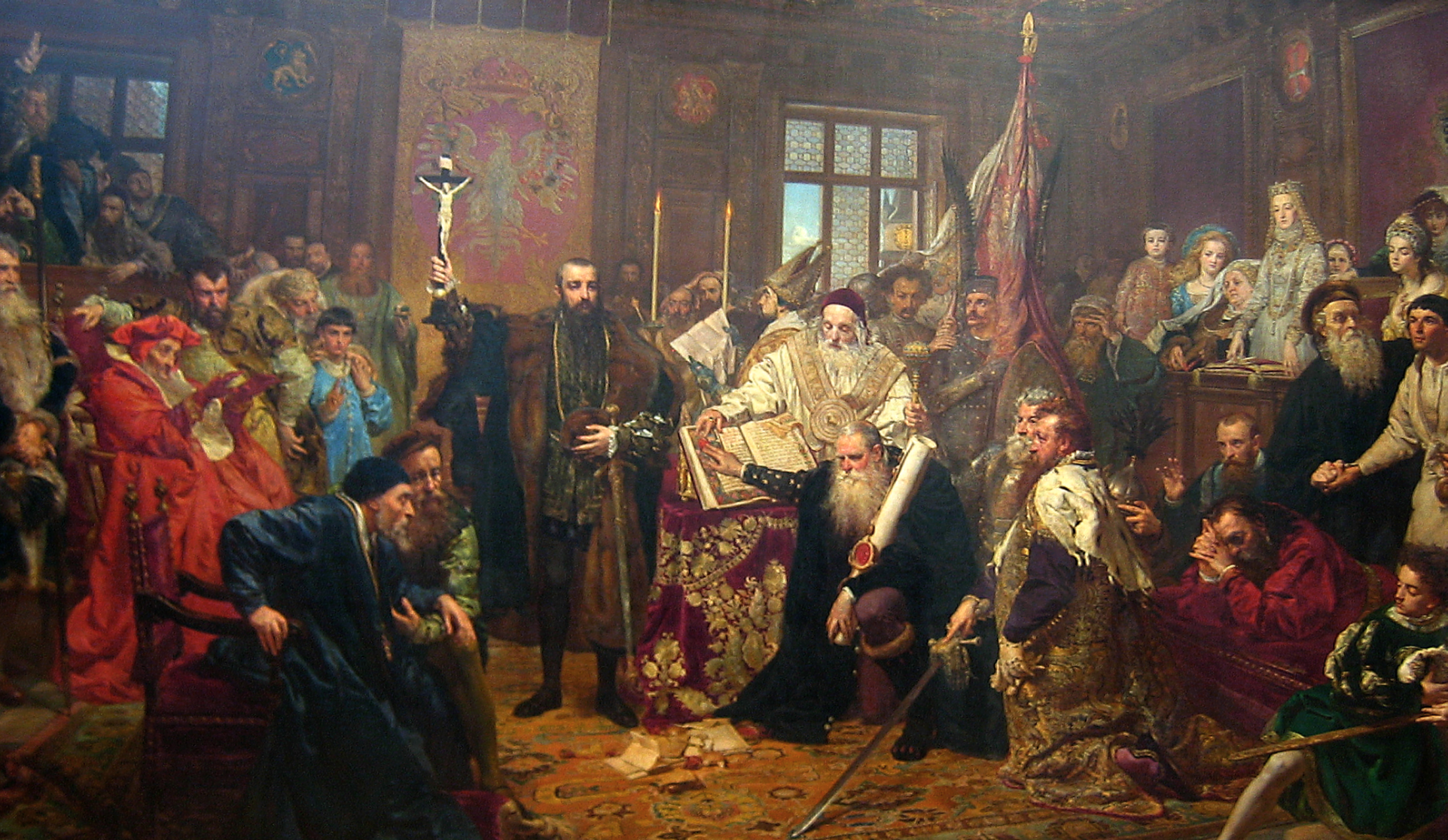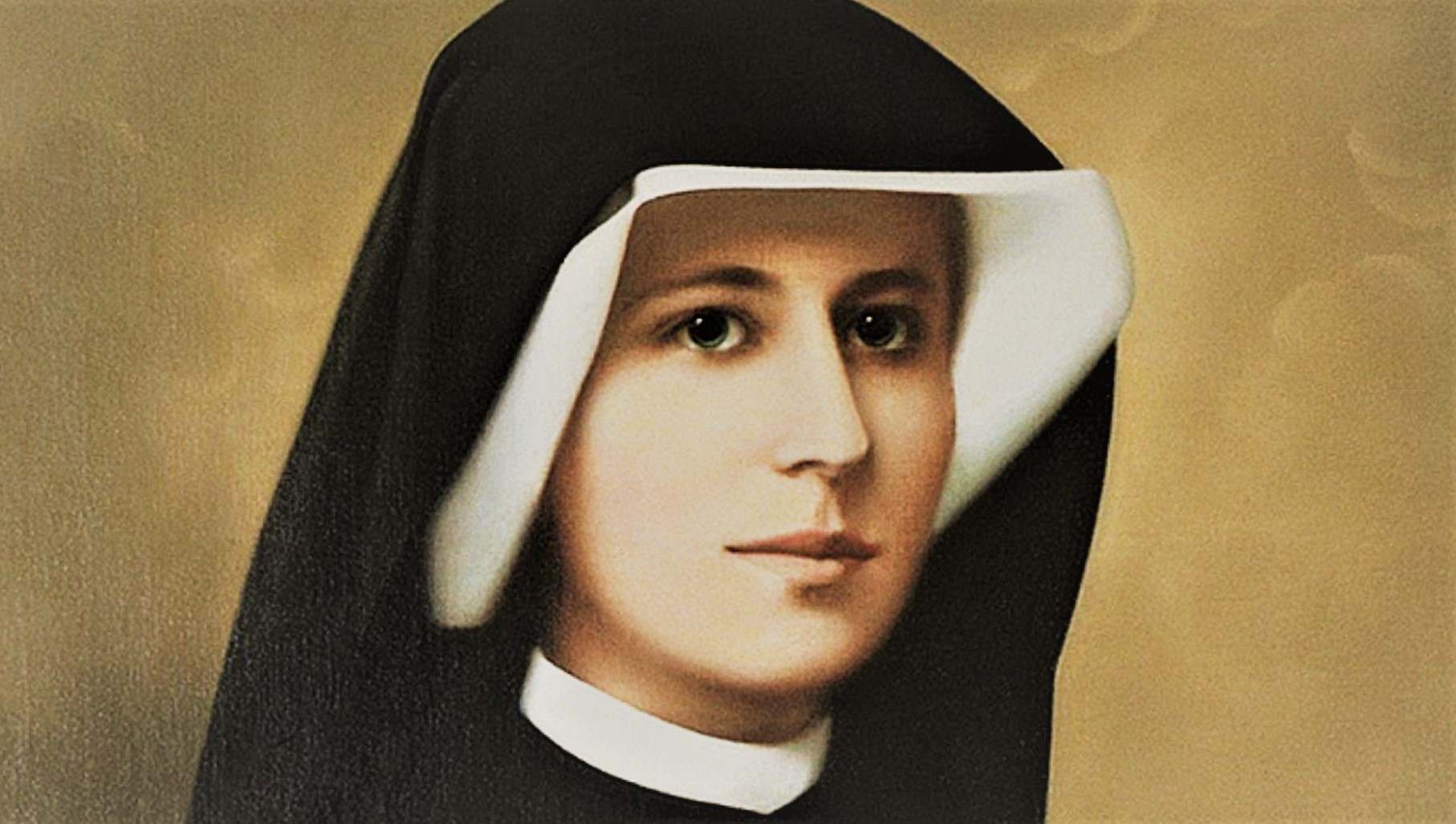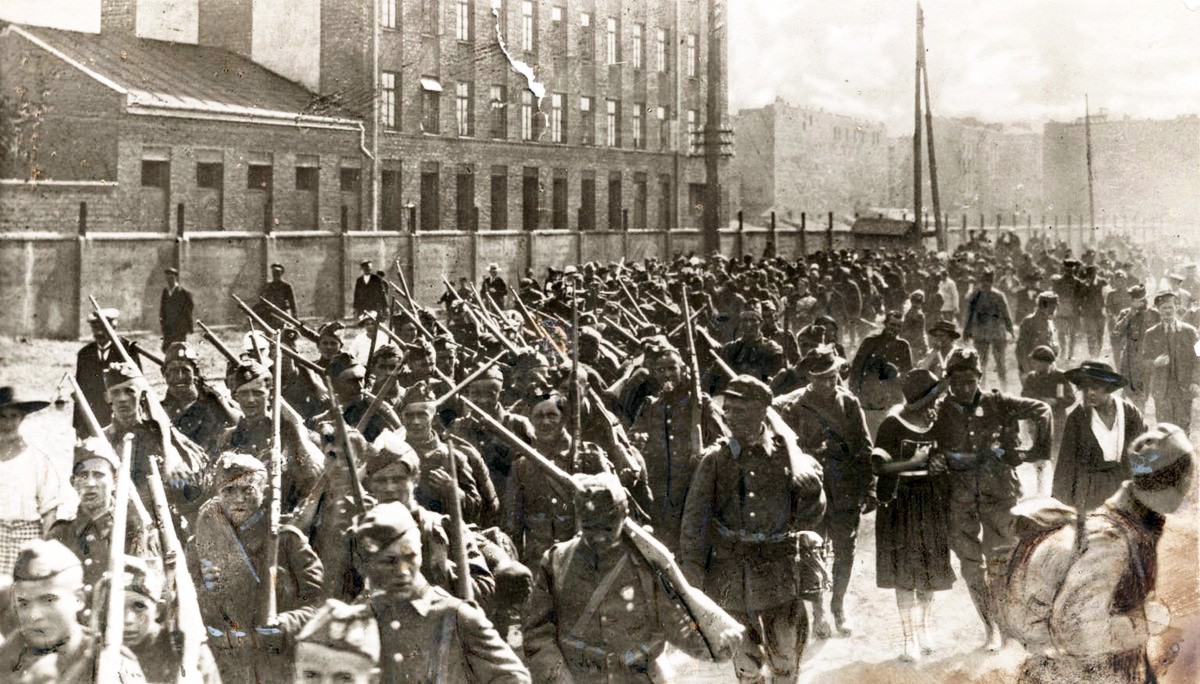There are many eminent specialists among the Polish researchers of the political thought of the Polish-Lithuanian Commonwealth. In recent times, many works have arisen which allow for a new perspective on the achievements of the Commonwealth. Of the important works that should be mentioned, among others, Ład Rzeczpospolitej (The Order of Respublica) by Dorota Petrzyk-Reeves, Polska myśl historyczna a humanistyczna historia narodowa (Polish Historical Thought and Humanistic National History) by H.J. Bömelburg, or Kultura polityczna szlachty polskiej w latach 1587–1652 (The Political Culture of the Polish Nobility, 1587-1652) by E. Opaliński. Yet there is one work that will distinguish itself for many years to come in comparison to the others given the intellectual weight contained within its analyses.
by Paweł Rzewuski

Title: The Political Discourse of the Polish-Lithuanian Commonwealth: Concepts and Ideas
Publisher: Wydawnictwo Naukowe Uniwersytetu Mikołaja Kopernika, 2018
book available in Polish
Dyskurs polityczny Rzeczpospolitej Obojga Narodów. Pojęcia i idee (The Political Discourse of the Polish-Lithuanian Commonwealth: Concepts and Ideas) was penned by the esteemed researcher of the Commonwealth, Anna Grześkowiak-Krwawicz, the author of works including Queen Liberty: The Concept of Freedom in the Polish-Lithuanian Commonwealth (translated into English), analyzing the way in which the concept of freedom functioned in Polish political language of the eighteenth century.
In her latest work, the author significantly expanded the timeframe of her research, reaching all the way back to 1569, the year the Union of Lublin was signed and ending with the fall of the Commonwealth in 1795. This gives the reader the opportunity to trace over two centuries of the evolution of Polish thought. Such a substantial research subject allows for the showing in detail of the processes that occurred, as well as those that did not. The moment of unification of the two political entities was recognized by the author as decisive for considerations upon the political language of the epoch. It is appropriate to put fundamental issues in order, The Political Discourse of the Polish-Lithuanian Commonwealth is not a work on the history of the parliamentary life of the Commonwealth, but a work focusing on the history of ideas, the way in which they operated and functioned in the interpretation of particular authors. Among newer works it is the first that so broadly and deeply covers the political language of the Polish nobility.

The point of departure for Grześkowiak-Krwawicz are concrete terms from the language of politics: Commonwealth, law, freedom, forma mixta, concord, virtue, patriotism, antiquity. Simply listing them allows for the understanding of what particular material every researcher will be dealing with who seeks to contemplate the history of ideas of the Commonwealth, a way of thinking about politics which is in many ways different and at the same time shares in the European tradition. Each of them constitutes a foundation for thinking about politics in the Commonwealth, their foundational analysis allows for a full understanding of the particular (against the European backdrop) construct which the Polish-Lithuanian Commonwealth was. Equally important as well are the terms, which in the case of England for example, begin to play an increasingly larger role and which are absent in the Polish discourse. To one of them, “property”, a separate chapter was dedicated in which the author tries to present how the Polish political community viewed this issue from the sixteenth through the eighteenth centuries.
The formula of individual chapters remains unchanged throughout the entire book. In each of them the researcher works on specific concepts and then traces the way in which they were used by political writers of the Commonwealth from the time of its establishment through its downfall. In this way, for example, analyzing the term “antiquity”, she focuses on the way in which particular authors wrote about the past and how their attitude changed over time. Above all this allows to see in which moment the stagnation of the courts began. This is aided by the decision to work on the entire duration of the existence of the Commonwealth, allowing the researcher to unambiguously point out a vital fact, which as a matter of course is well known to specialists, but at the same time, for various reasons, escapes notice in the general discourse. Here, the seventeenth century, treated en masse, should be regarded as a period of intellectual standstill. This problem was already noticed much earlier, but manifested itself in part by the absence of a work which presented seventeenth-century Polish political thought (at the same time two important, analogous works on the sixteenth and eighteenth centuries exist). The work of Grześkowiak-Krawicz partially fills this gap through the analysis of the texts of Lubomirski, Siemka and Opaliński, authors who are less frequently interpreted. This allows for the familiarization with questions which are only now beginning to be more broadly analyzed.

It is worth mentioning that Grześkowiak-Krwawicz did not limit her work to texts of commonly known authors directly tied to the philosophical discourse, but sought out numerous anonymous authors who wrote in the time of the first interregnum, the Zebrzydowski rebellion and other periods. Such an expansion of the research scope allows the functioning of specific concepts to be shown, not only among academics (like Petryca, Starowolski or Górski), or active political activists (like Orzechowski, Warszewicki, Fredro or Lubomirski). It is too bad that the scope was not broadened even further to speeches in the Sejm (lower house of parliament). This would allow for an even more detailed presentation of how the Commonwealth was thought about. At the same time, the absence of such a substantial source base is understandable, in its current form the book is already based on an extraordinary number of sources.
This is especially so in comparison to the sixteenth and eighteenth centuries on the one hand and texts which came into being in Western Europe on the other. When the West was living through the period of entering modernity, an intense reinterpretation of the way of thinking of the nature of the state (it is sufficient to mention such figures as Bodin, Grotius, Hobbes or Spinoza). Increasingly within the Commonwealth, the need was pointed to for pursuit of solutions expanding royal power. Renaissance categories of thinking were used all the time and attempts were made to look at the world with the aid of increasingly inadequate categories of Renaissance republicanism. Polish thought only began to be creative again in the eighteenth century when new concepts began to develop.
What is most important in The Political Discourse of the Polish-Lithuanian Commonwealth is the possibility of showing on the one hand the exceptionality of Polish political thought and on the other, its deep rooting in European culture. Grześjowiak-Krawicz brings order to the persistently insufficiently well-researched subject that is the Polish political language of the Polish-Lithuanian Commonwealth period.
Different than all others. The political system of the Polish-Lithuanian Commonwealth against the background of Europe
Author: Paweł Rzewuski
Translation: Nicholas Siekierski





